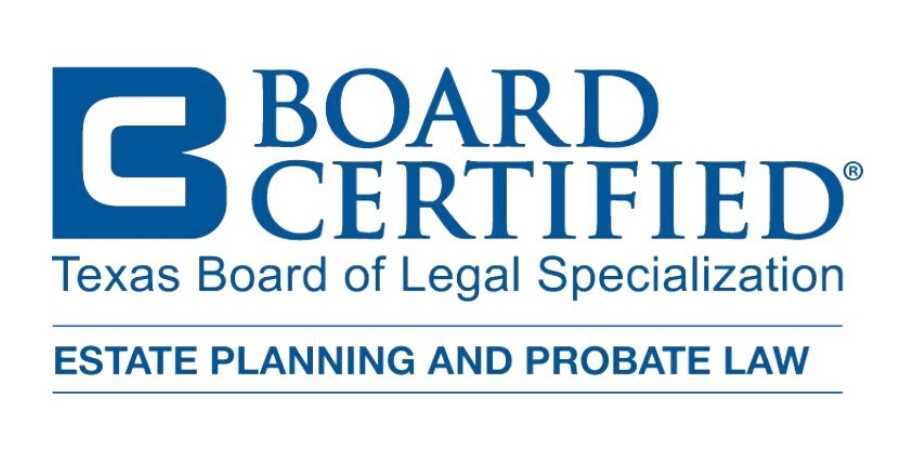3 Reasons Insufficient Estate Planning Can Hurt Your Children
Passing on the pain - click on picture for video
Since 1995, I have watched the pain surviving family members are confronted with when a loved one dies without sufficiently planning for their estate or creating a will. The people who get left behind have no idea of the amount of confusion and anguish they will face. The kind of pain that makes you anxious, that has your stomach in knots in anticipation. I equate it to imagining someone passing on the pain of a painful dental procedure you don't want to ever have onto someone you love.
Questions come up about who is going to get sentimental items that can lead to fighting within the family. Family wealth can be quickly depleted with court costs and attorney’s fees and familial bonds are severed as the remaining family members and siblings begin to squabble and fight for what is left.
Though it’s not everyone’s favorite topic, estate planning is necessary. Estate planning allows us to determine who gets our assets. We also plan for and cares for our minor children when something happens to us and many other important decisions that can impact the ones you love.
However, parents don’t often realize and think about the effects insufficient estate planning can have on their families- especially their children.
Here are 3 reasons insufficient estate planning can hurt your children.
1) Added Stress
When we lose a loved one, we all suffer grief and loss. But, for a child losing a parent, that grief and loss can be so much greater.
Moreover, if our children are still little, they are not emotionally equipped to handle the added stress an insufficient estate plan can add to their lives.
For older children, the stress may be going to Court and administering your estate in front of a Judge while trying to properly grieve. For younger children, that stress could be watching family members fight over them or being jostled around by family and friends.
You can relieve your children’s stress at any age with the proper estate plan in place.
2) Unprotected Assets
If you leave your assets to your children through a Will, or do not have a plan at all, the assets will pass to your children immediately. For children over the age of 18, they can access the money and property immediately. For minors, they will need a Guardian to oversee their inheritance.
Think back, if you will, to who you were at 18. Though the law may recognize an 18-year-old as an adult, do you believe your child could properly manage a large inheritance at 18? If the answer is no, you need to put an estate plan in place.
When a child is under the age of 18, they will have a Guardian who manages their money and property for them. This can be the other biological parent or someone you have nominated. If you have not nominated someone, the Guardian will be an adult who asks the Court to give them custody of your child.
If you do not have concerns about your family, their intentions for your children, and their management of assets for your children, then you may not need a plan in place. But, if this is your family situation, count yourself blessed to be among the few.
Should you have concerns about who cares for your children or how their inheritance should be handled, you need a proper estate plan in place.
3) Lack of Privacy
When you don’t plan or use a Will for planning, your estate goes through probate. Probate is a court process that requires other members of your family to receive notice of your assets and how they’re distributed. In Texas, your case is also a public record. Anyone can go down to the courthouse and pull the probate case. And usually the case can even be found online.
I’m sure you can see how this could affect some of your more vulnerable heirs. If there is someone out there who may know and try to take advantage of your children, it would benefit your family to have a more private plan in place.
You can make a plan for your assets by meeting with me and my team. Contact our office to set up an appointment in New Braunfels, Laredo or via zoom and let’s finish strong in 2023.

























